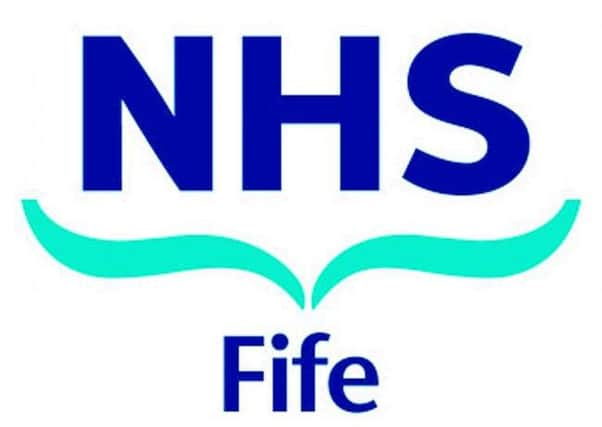St Andrews students hospitalised after meningitis diagnosis


One student is still in intensive care in a “stable condition”.
A second student, who has since been discharged, was admitted to hospital during the week and diagnosed with a different strain of the meningococcal disease.
Advertisement
Hide AdAdvertisement
Hide AdProfessor Lorna Milne, Proctor of the University of St Andrews said: “It is important to stress that the strains of bacteria isloated from the two students are different, hence the cases are sporadic and entirely unrelated.”
NHS Fife confirmed the two cases were not related: “Public health investigations have revealed the cases are not connected and laboratory tests have shown the student have different strains of the organism.
NHS Fife has identified those who may have been in prolonged close-contact with the students to provide prophylaxis, guidance and support where necessary.”
Meningococcal disease is a rare but potentially very serious condition.
Advertisement
Hide AdAdvertisement
Hide AdThere are around 10 cases a year in Fife for a population of about 360,000 people.
The organism that causes meningococcal disease is a normal inhabitant of the human nose and throat and most people develop immunity to the bacteria within two weeks of acquiring it.
The percentage of people who carry the bacteria varies by age and is about 2 percent in children under five years to around 25 percent in 15 to 19 year olds.
If you have any symptoms of illness you are worried about, you should contact NHS 24 by dialling 111.